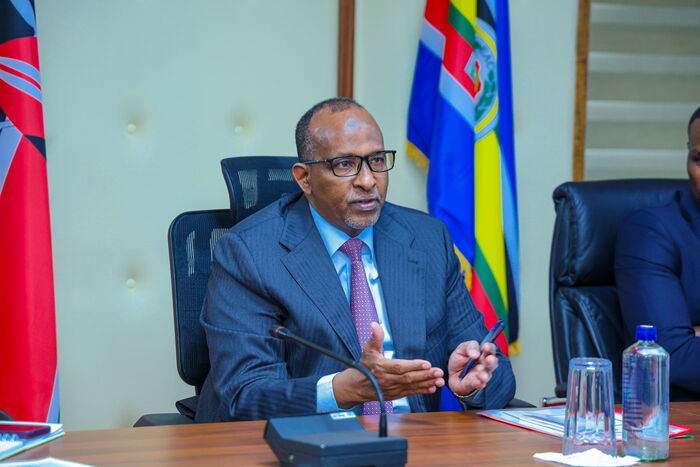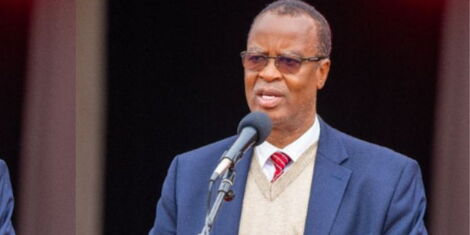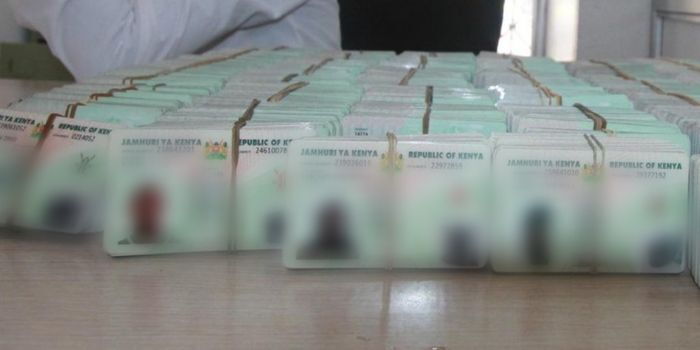
In a landmark court decision delivered today, the High Court in Eldoret has quashed the controversial National Hospital Insurance Fund (NHIF) pending medical claims verification committee, triggering shockwaves across the health sector.
Justice Reuben Nyakundi ruled that the formation of the committee—instituted through Gazette Notice No. 4069, Vol. CXXVII No. 64, dated March 28, 2025—was unconstitutional, as it encroached on powers exclusively reserved for the Auditor-General.
The court found that neither the Constitution nor the Social Health Authority Act provided a legal basis for the creation of such an ad hoc body .“A Void Decision From Day One”Justice Nyakundi delivered a scathing judgment, describing the committee’s establishment as “a void decision, invalid from its inception,” and “without legal effect.”

He emphasized that CS Duale had no authority under the Constitution or the National Government Coordination Act to empanel such a body .
A Constitutional Mandate Undermined.
The petition challenging the committee’s legality was spearheaded by Nakuru-based surgeon Dr. Magare Gikenyi. He and three others accused CS Duale of overstepping his bounds by creating a parallel structure that bypassed constitutionally mandated oversight mechanisms—the Auditor-General and internal audit functions .
Prior Suspension Affirmed Today.
This judgment delivers the final blow to the committee, whose operations had already been suspended on May 13 via conservatory court orders. At that time, Justice Nyakundi barred the task force from reporting, issuing recommendations, or undertaking any action until the petition was fully heard .
Sensitive Data at Risk.
Justice Nyakundi also flagged significant violations of patient privacy and data protection, warning that exposing confidential medical records to individuals outside the NHIF or public service potentially breached rights under the Bill of Rights and relevant data laws .
Political Repercussions and Calls for Accountability.
Observers note that this decision is a sharp political setback for CS Duale, whose administration had justified the committee as a swift response to pending NHIF disbursements.
Critics argue that the court’s ruling not only underscores procedural overreach but also raises serious implications for governance and rule of law in the health sector.







